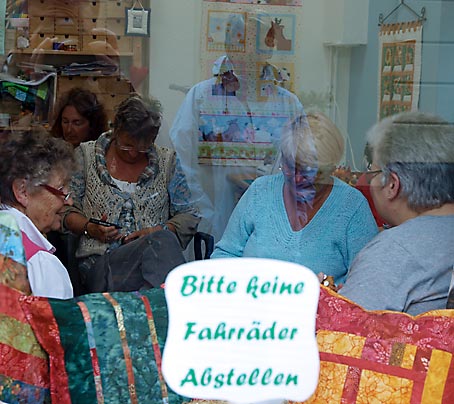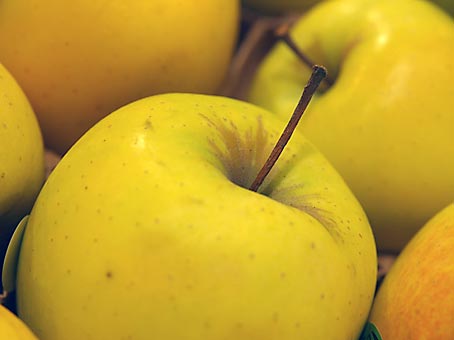Tägliche Pflichten in Beruf und Familie werden oft als lästige Schufterei empfunden. Der Sucher auf dem Pfad kann dabei zusätzlich auf die Idee kommen, häusliche Pflichten oder berufliche Anforderungen als „schlechtes Karma“ aufzufassen, das man notgedrungen und mit knirschenden Zähnen über sich ergehen lassen muss. Doch wer so denkt, ist kein Sucher mehr und hat dem PFAD zum Göttlichen verlassen.
 Tägliche Pflichten erscheinen oft als banal und lästig. Foto: privat
Tägliche Pflichten erscheinen oft als banal und lästig. Foto: privat
Zunehmend wird es in der überalterten Gesellschaft zum Beispiel zum „Problem,“ betagte kranke Eltern oder Großeltern versorgen zu müssen. Doch wie wollen Sucher sich dem Dienst an der Menschheit verschreiben, Inkarnation für Inkarnation, wenn sie jammern und klagen, weil die Mutter oder der Großvater zum Pflegefall geworden ist, also ab sofort auf unabsehbare Zeit zehrende Pflichten bei der Betreuung des Familienangehörigen auf sie zukommen?
Es ist dann einfach, sich etwa auf die „Hauslosigkeit“ des wahren spirituellen Suchers zu berufen, Eltern, Beruf und Heimatland hinter sich zu lassen und sich im Ashram eines Gurus seiner Wahl einzuquartieren. Was wie ein „Opfer“ aussieht, ist in Wirklichkeit rücksichtsloser Egoismus gepaart mit Herzlosigkeit und Selbstsucht. Also das Gegenteil von Altruismus, wie er vom spirituellen Sucher in allen alten Schriften gefordert wird.
A common error, which arises from incompletely viewing the doctrine of Karma, is the idea that we interfere with Karma when we benefit another. The question is equally applicable to the doing of any injury to another. It cuts both ways; so we might as well ask if it is not inconsistent with the law and vicarious for one to do any evil act which results harmfully to a fellow creature. In neither case is there vicarious atonement or interference. If we can do good to our fellows, that is their good Karma and ours also; if we have the opportunity to thus confer benefits and refuse to do so, then that is our bad Karma in that we neglected a chance to help another. The Masters once wrote that we should not be thinking on our good or bad Karma, but should do our duty on every hand and at every opportunity, unmindful of what may result to us. It is only a curious kind of conceit, which seems to be the product of nineteenth century civilization, that causes us to falsely imagine that we, weak and ignorant human beings, can interfere with Karma or be vicarious atoners for others. We are all bound up together in one coil of Karma and should ever strive by good acts, good thoughts and high aspirations, to lift a little of the world’s heavy Karma, of which our own is a part. Indeed, no man has any Karma of his own unshared by others; we share each one in the common Karma, and the sooner we perceive this and act accordingly the better it will be for us and for the world.
(W. Q. Judge, 1891)
Sollen die täglichen Pflichten als vom Karma bestimmte Übungen für das innere Wachstum absolviert werden, sind ein konzentriertes Mind und ein von Mitgefühl erfülltes Herz gefordert. In der Tretmühle des Alltags geht diese noble Sicht jedoch leicht verloren. Mechanisch wird getan was getan werden muss. Man funktioniert wie eine Maschine. Gedankenlos und meist auch gefühllos. Was lässt sich gegen diese für das Seelenwachstum tödliche Routine tun? Die alten Weisheitslehren empfehlen zur Prophylaxe das regelmäßige Meditieren – über SIE SELBST (die Weiheitslehren).
Zuletzt aktualisiert: 07.03.2011 von Heinz Knotek






